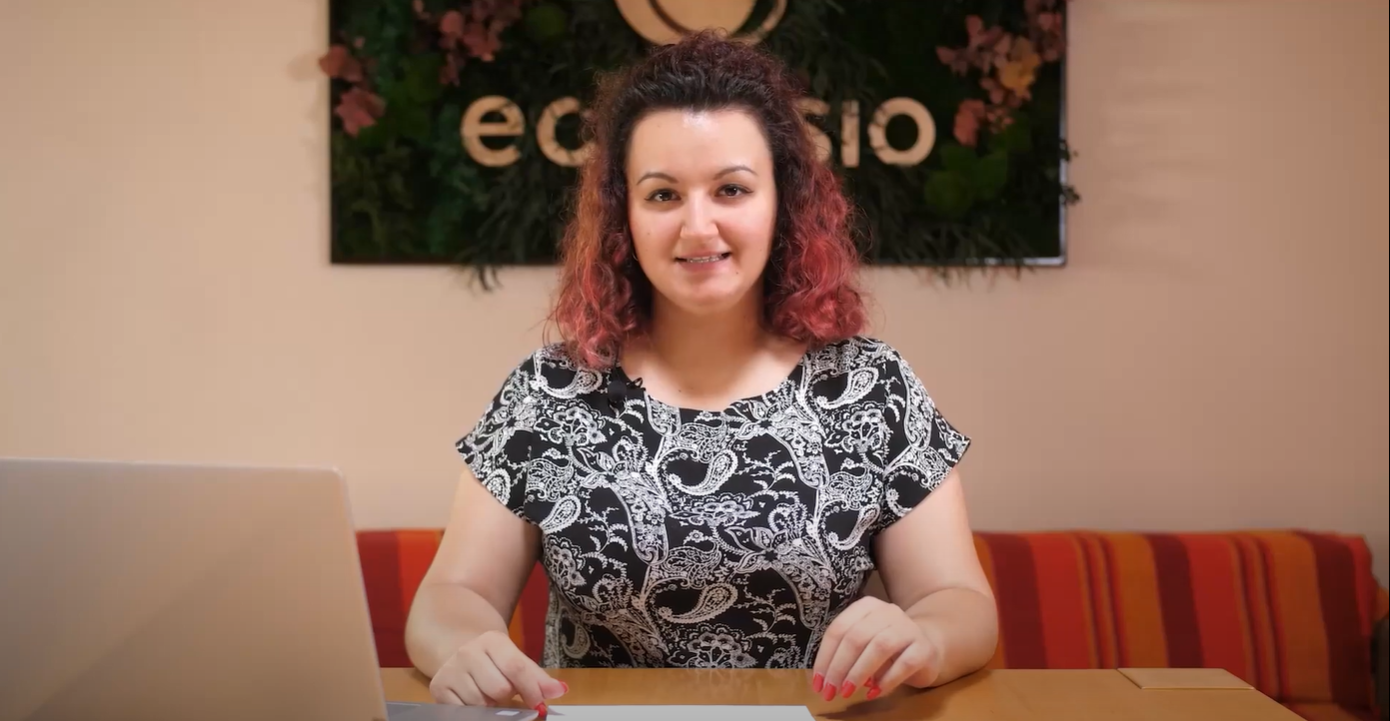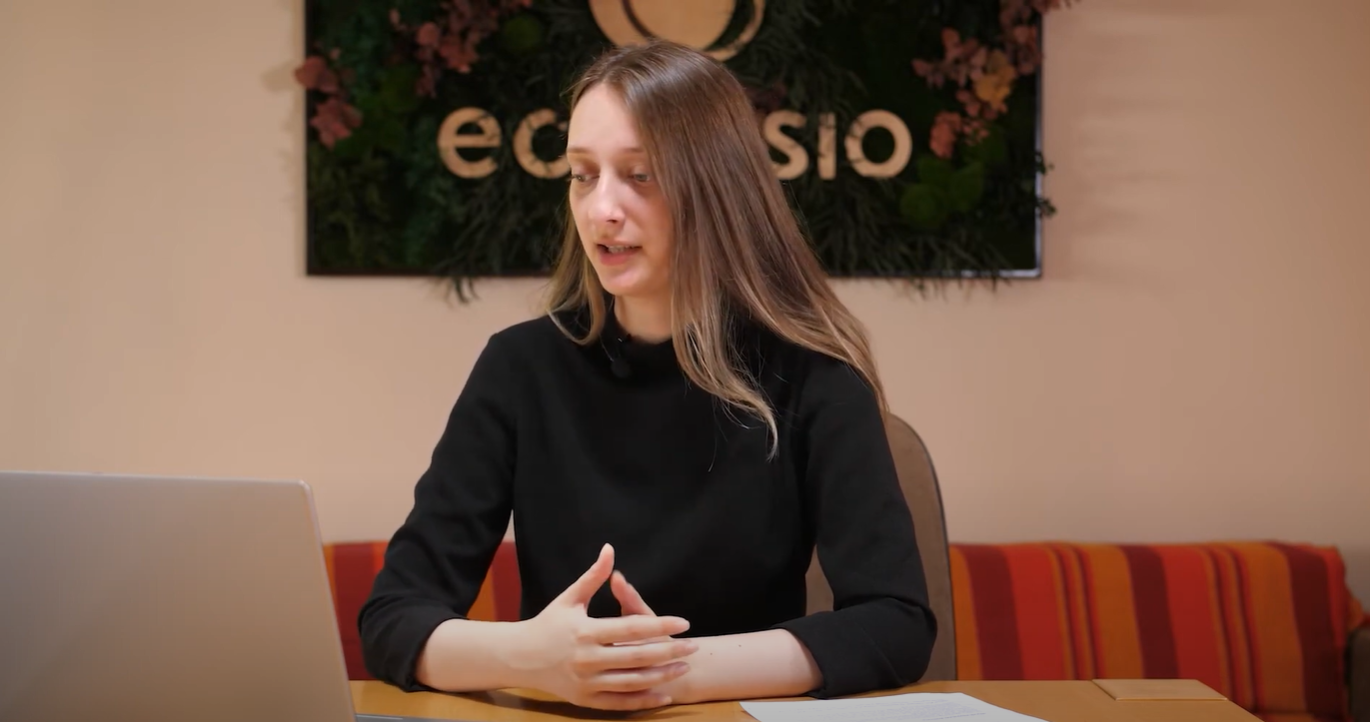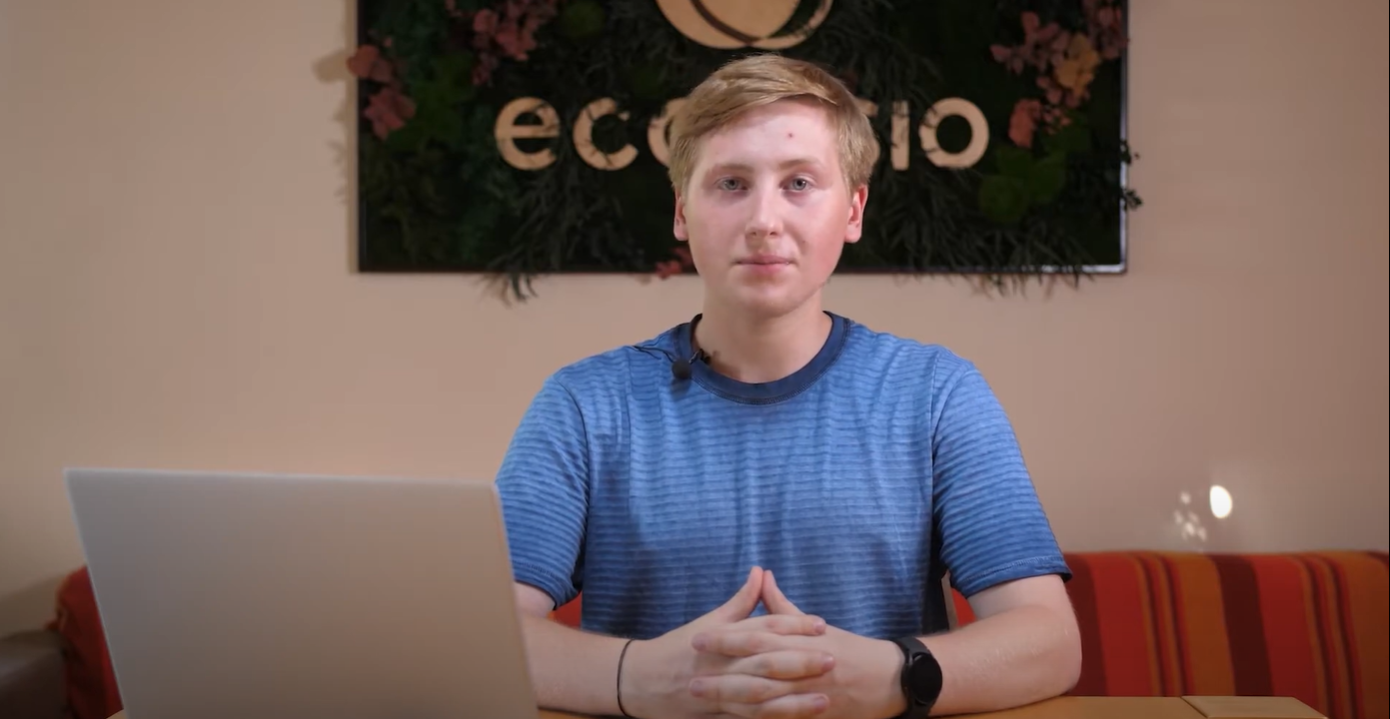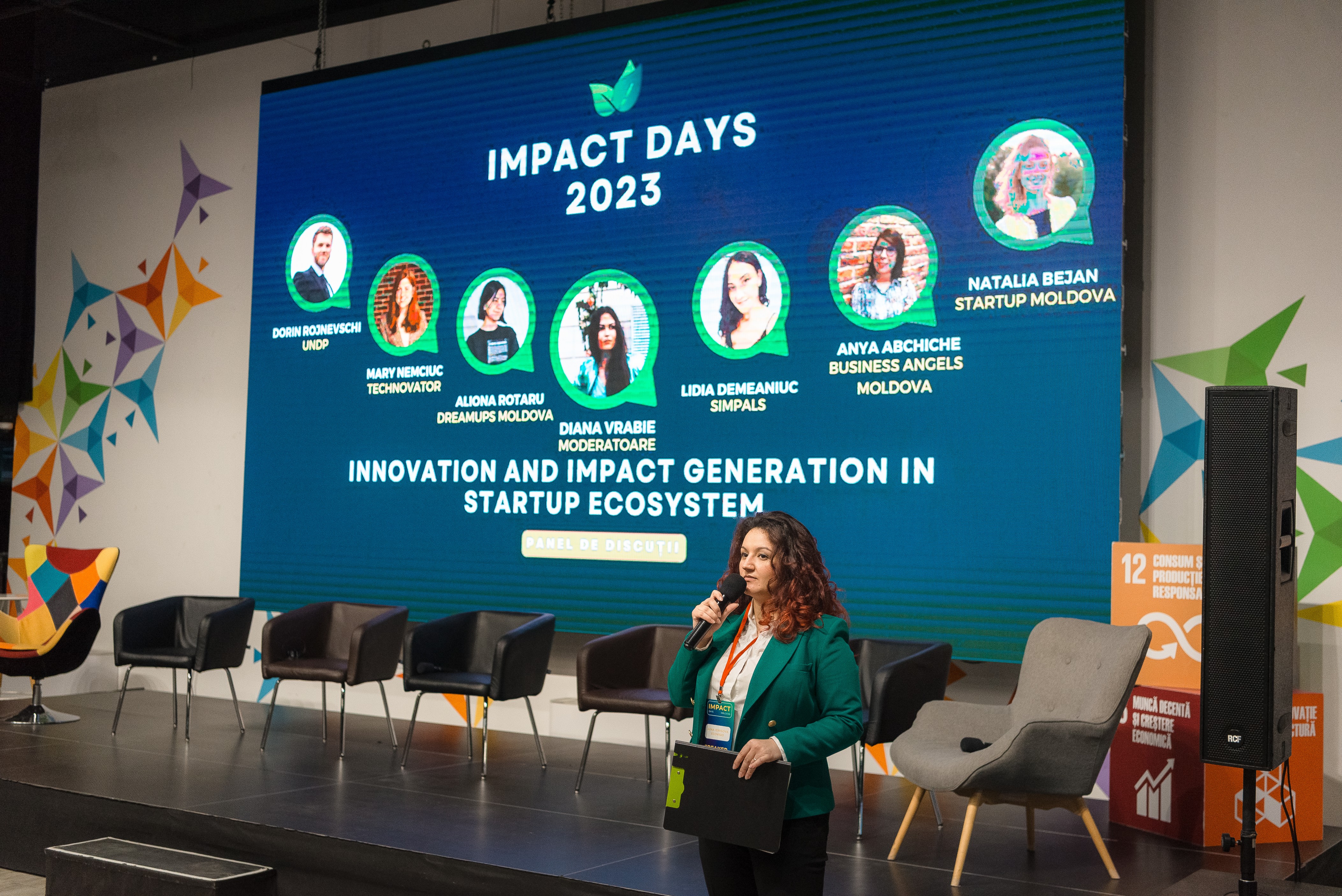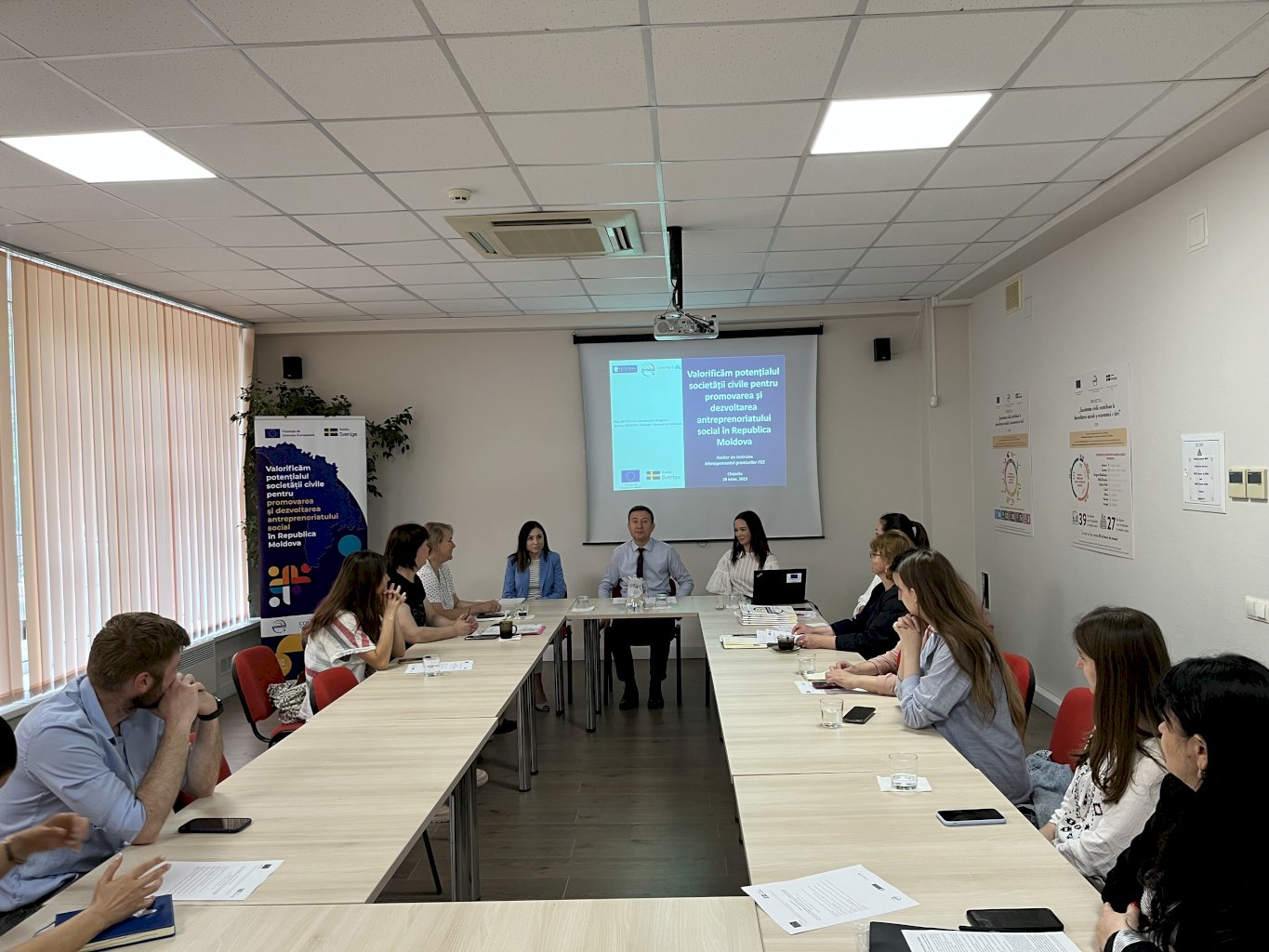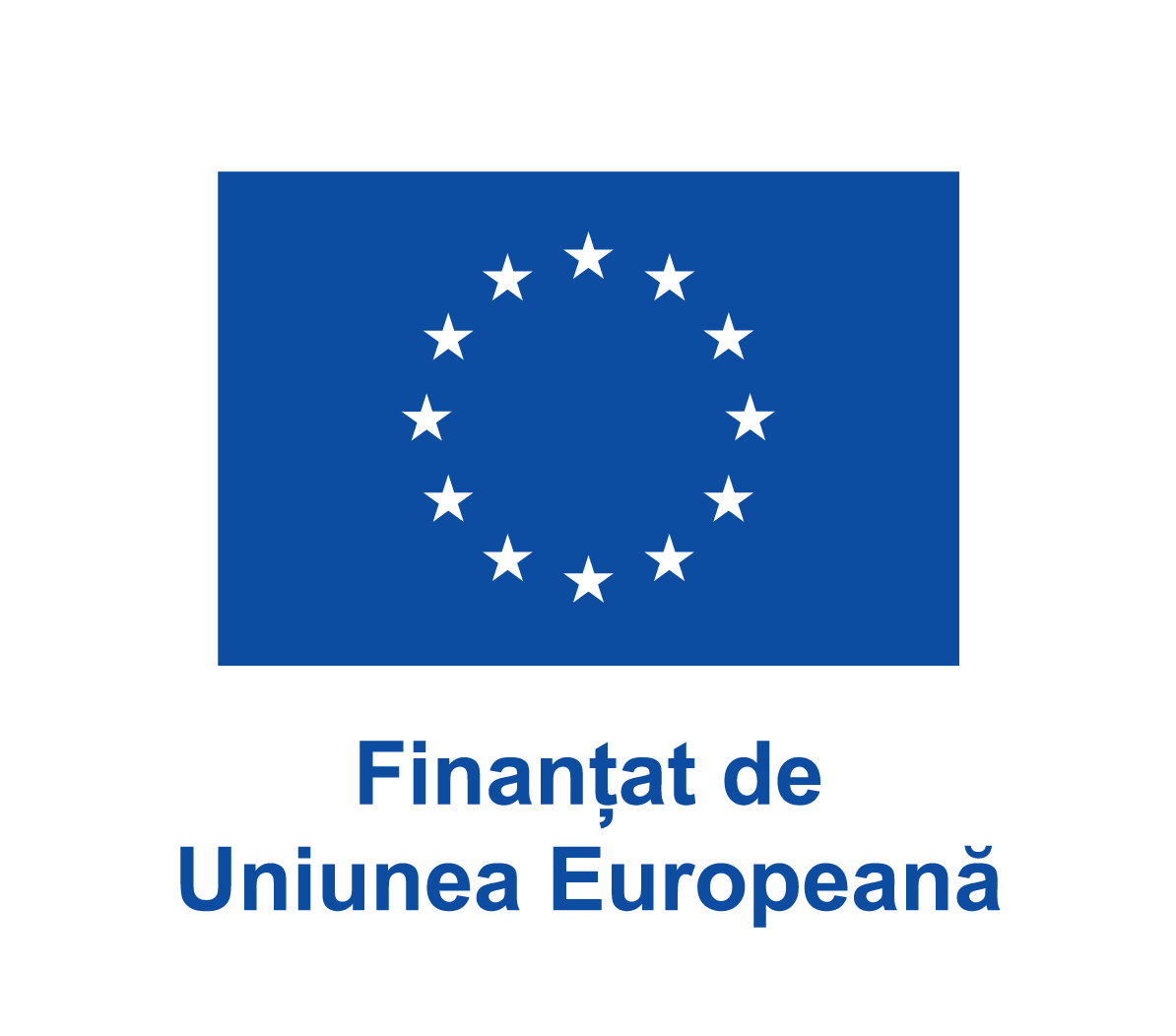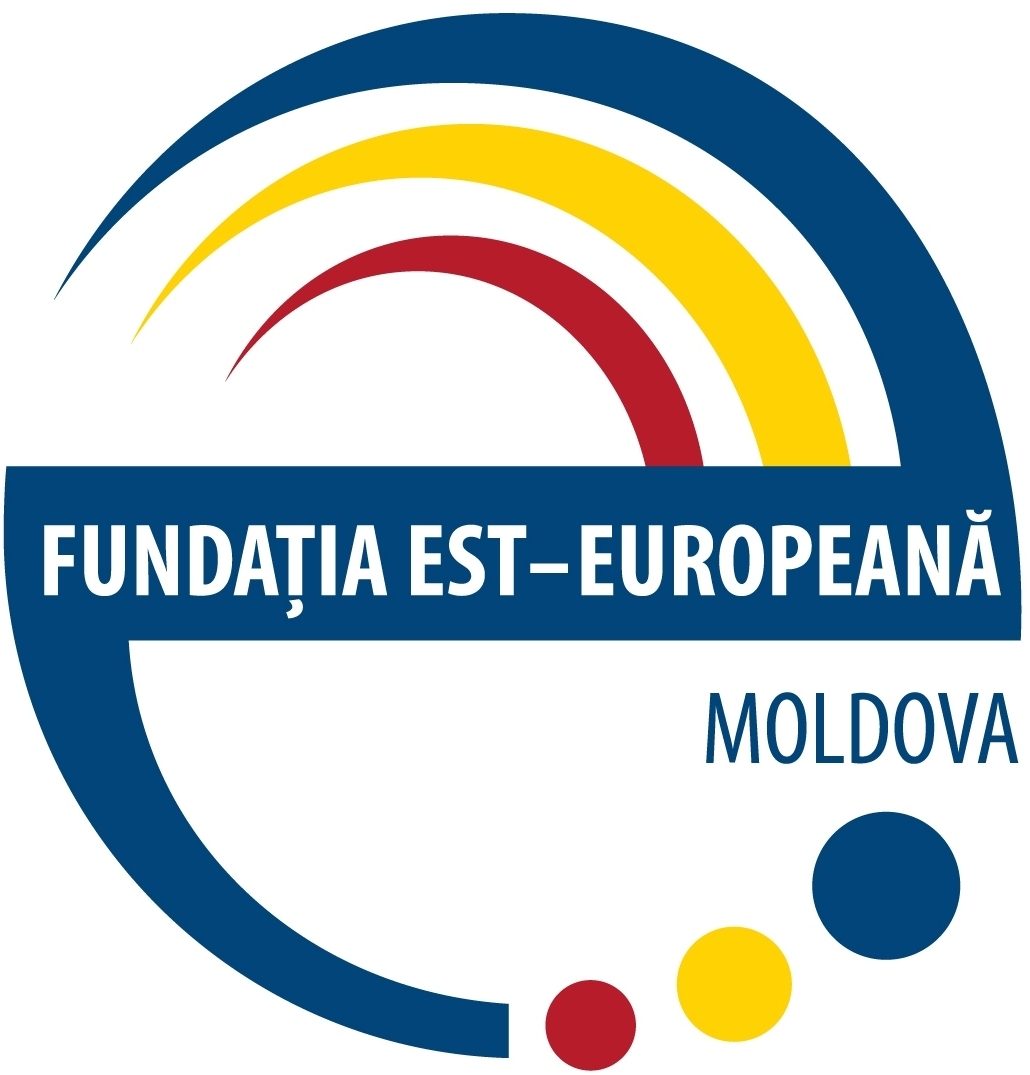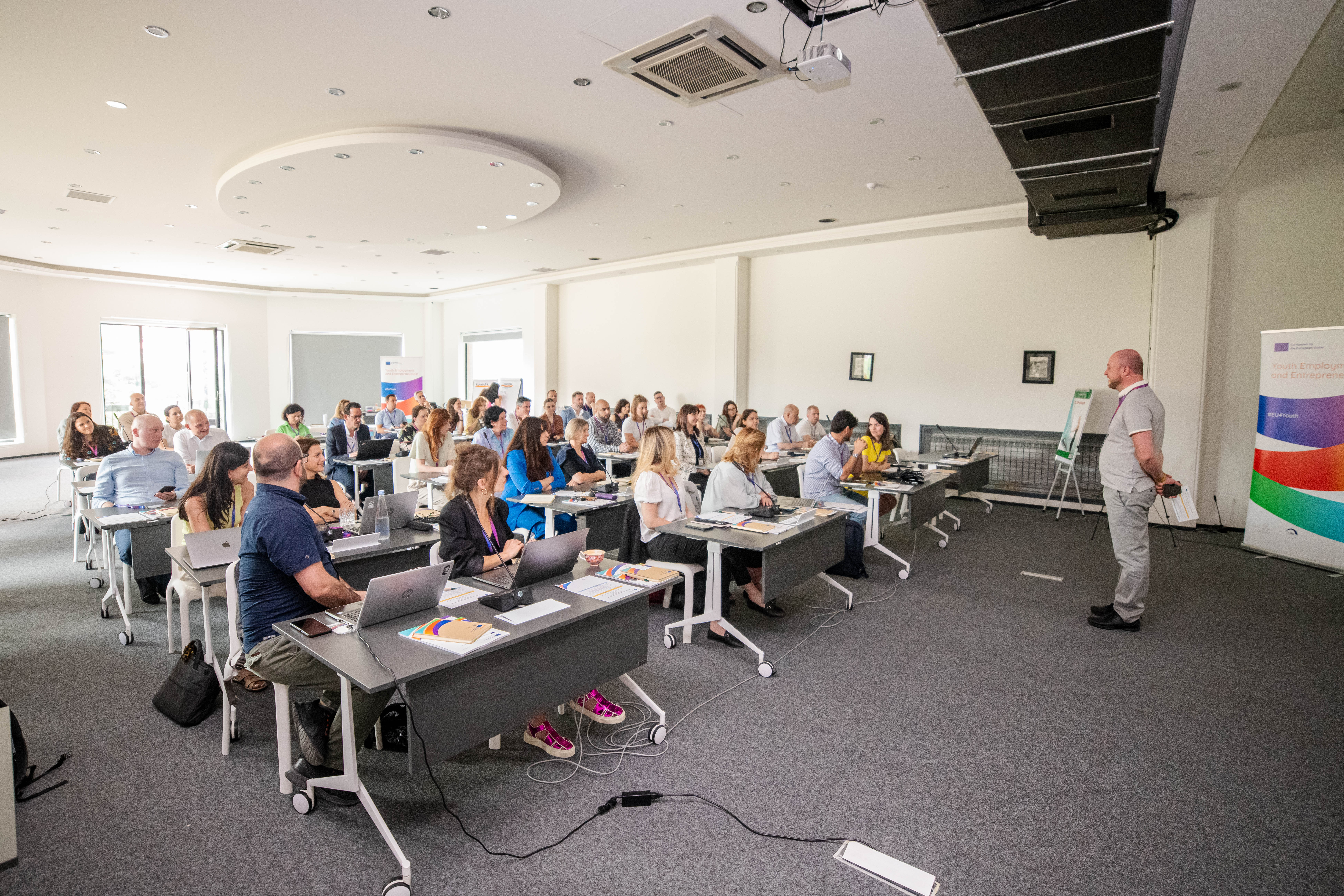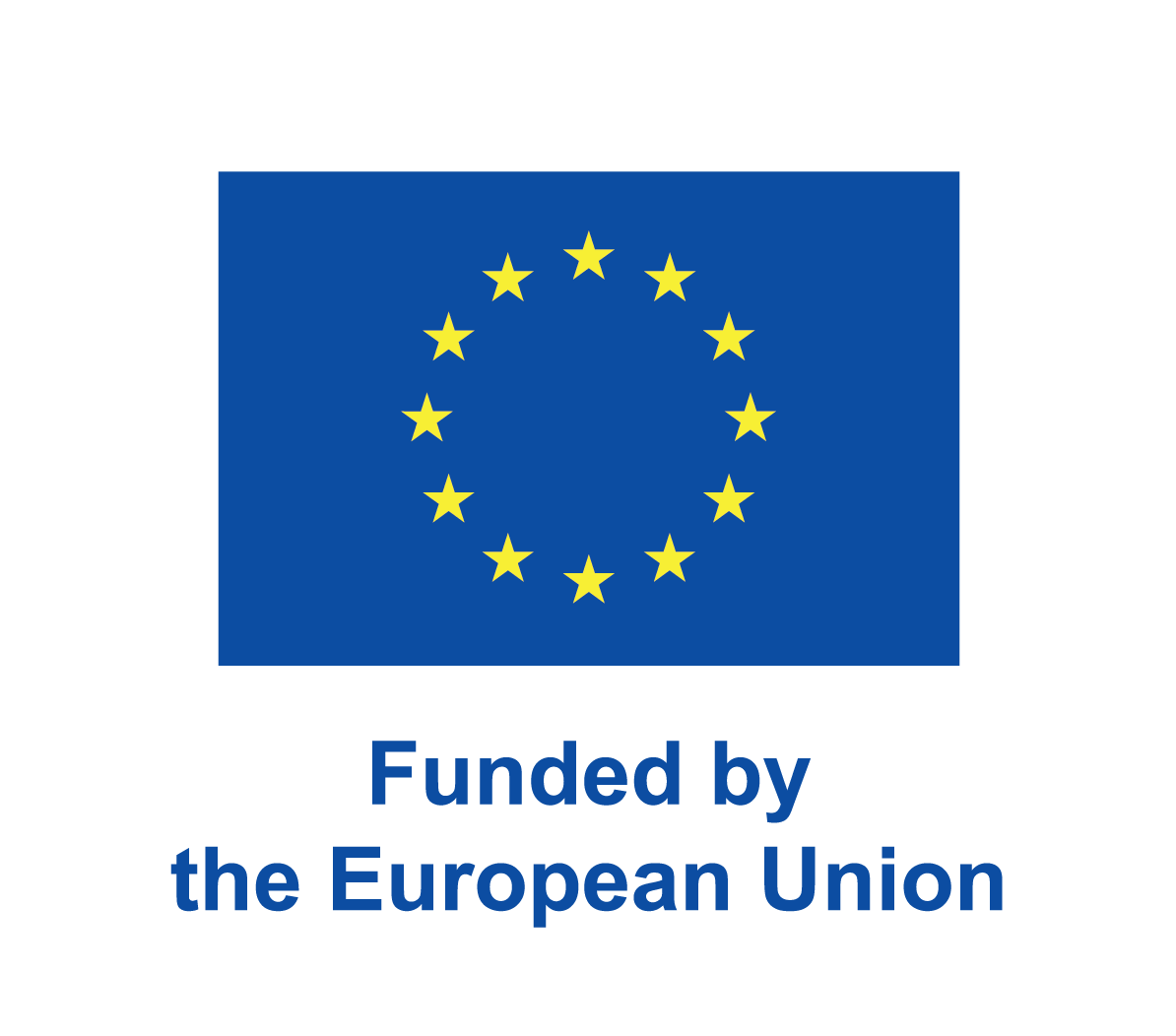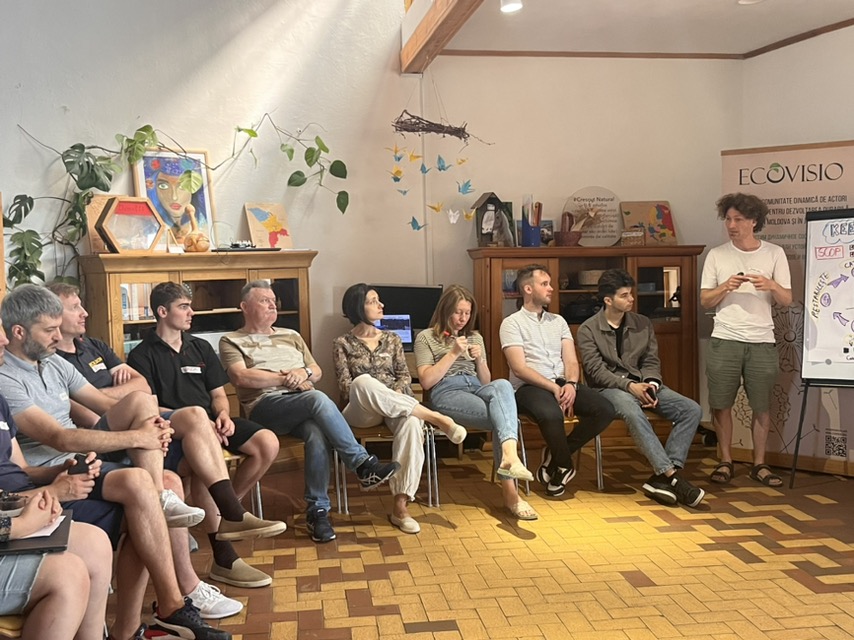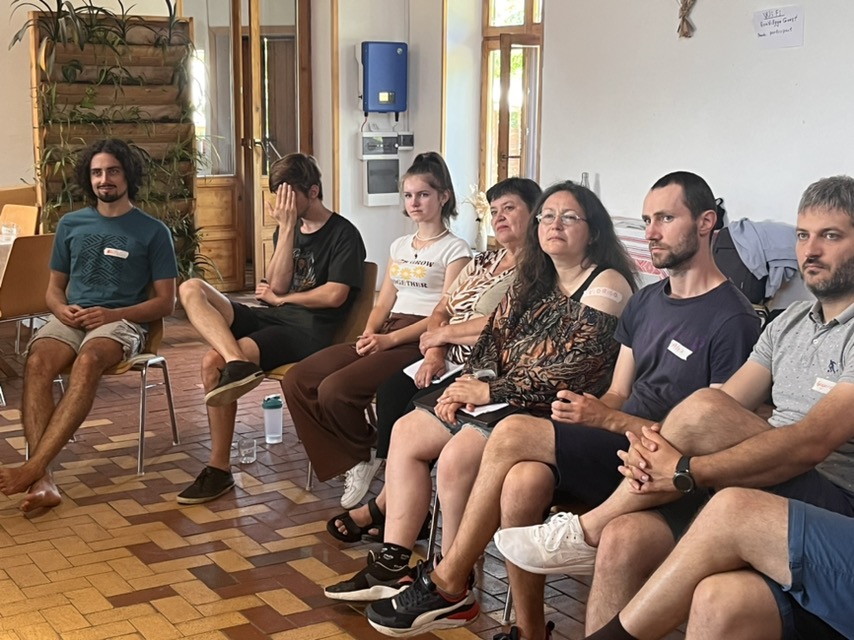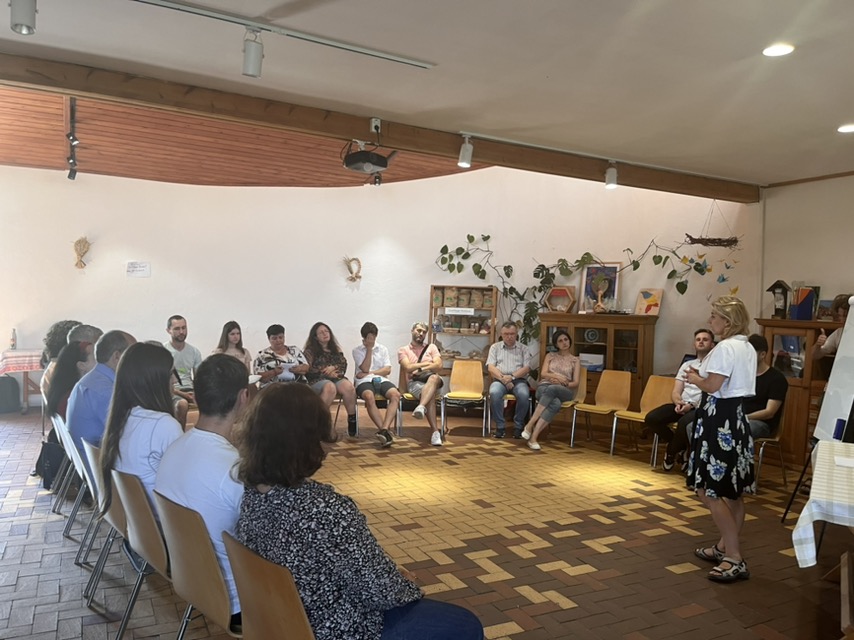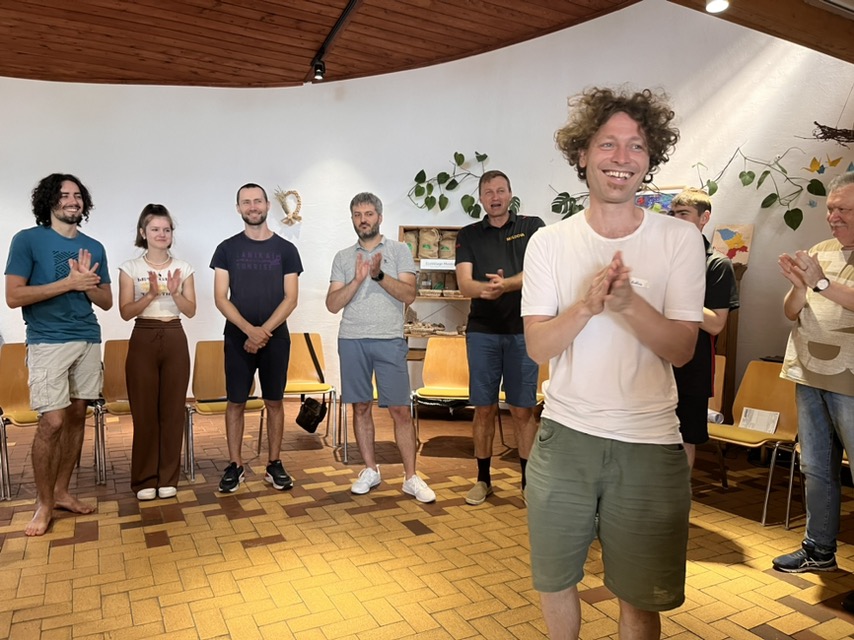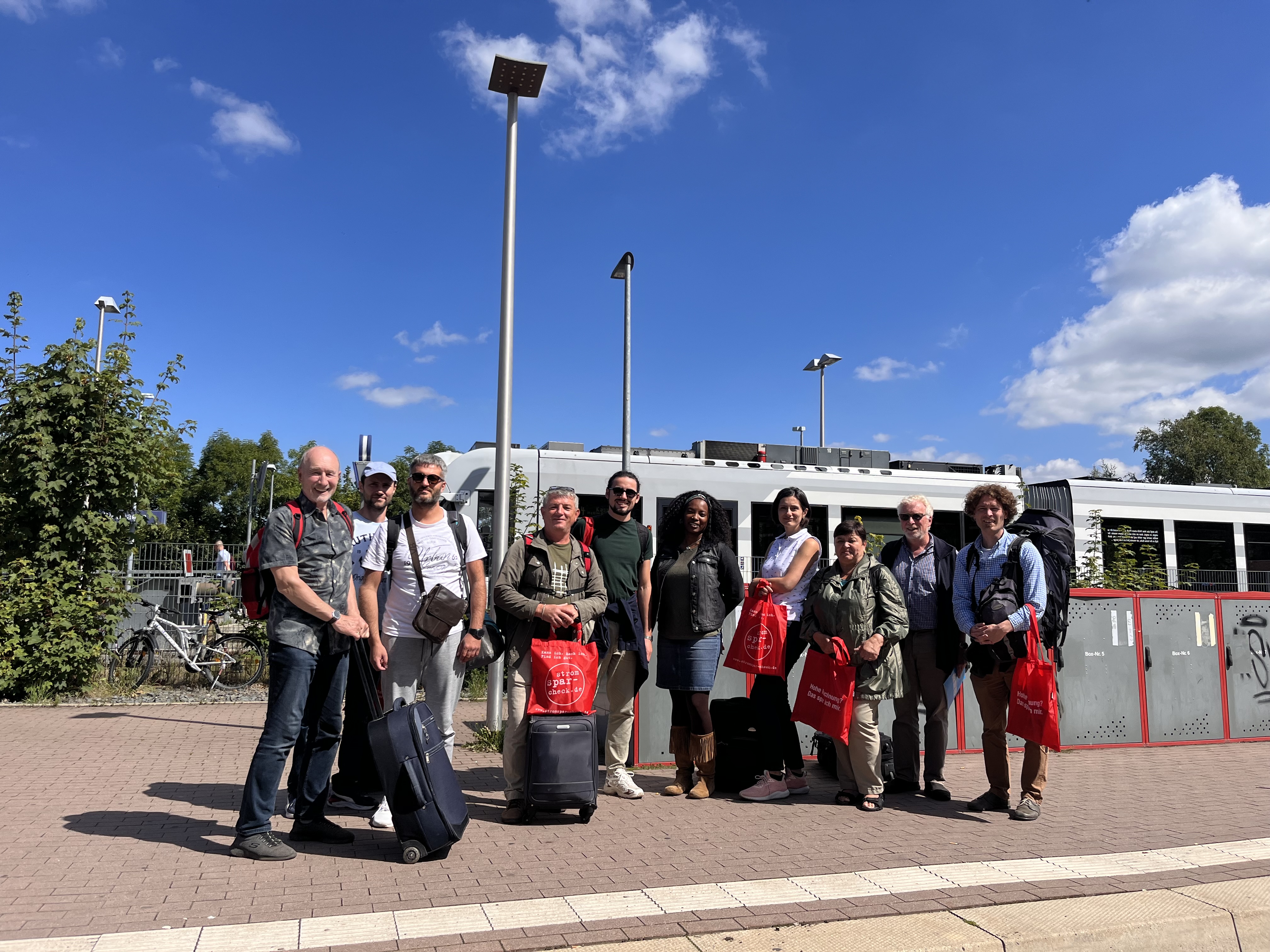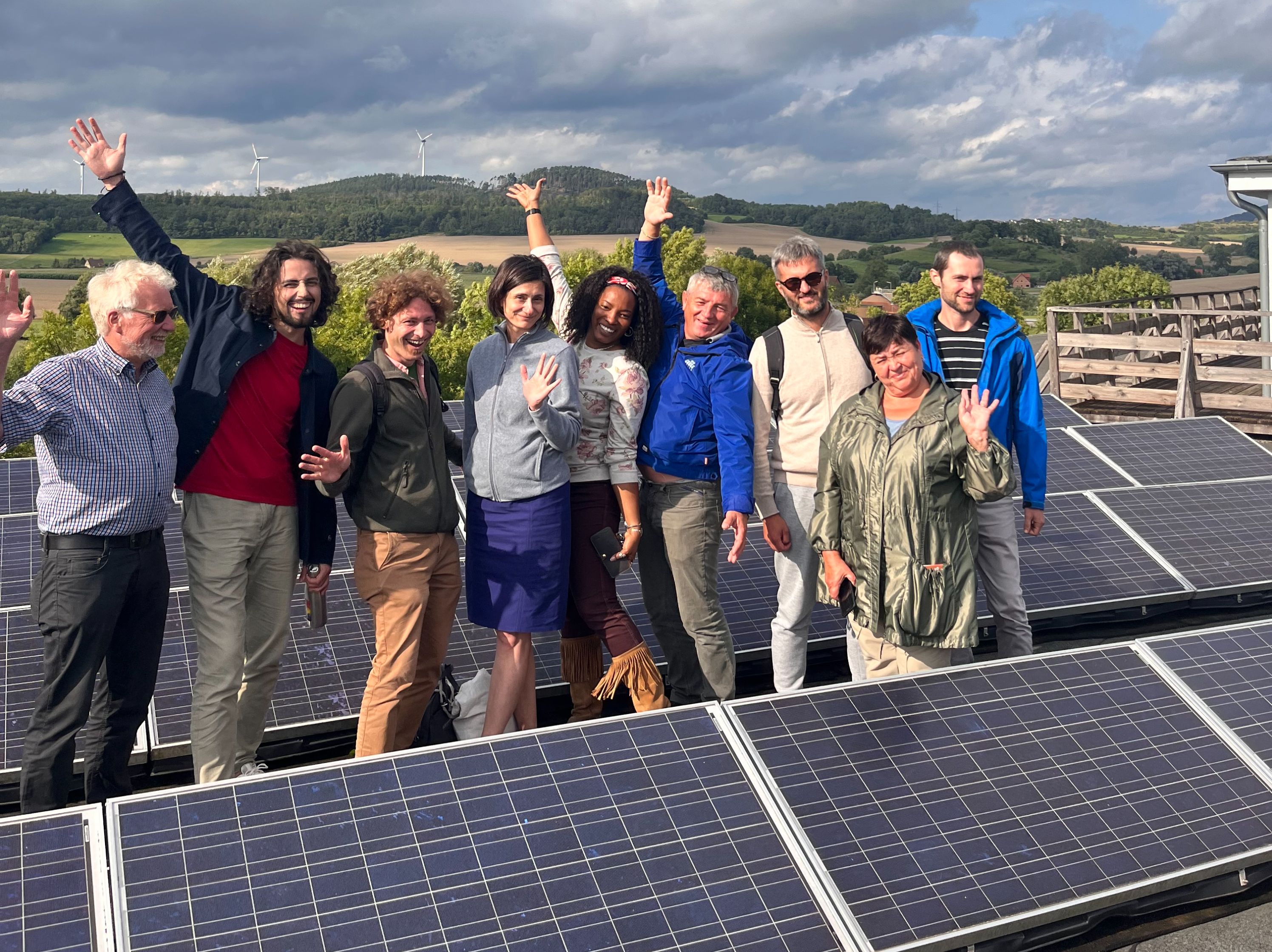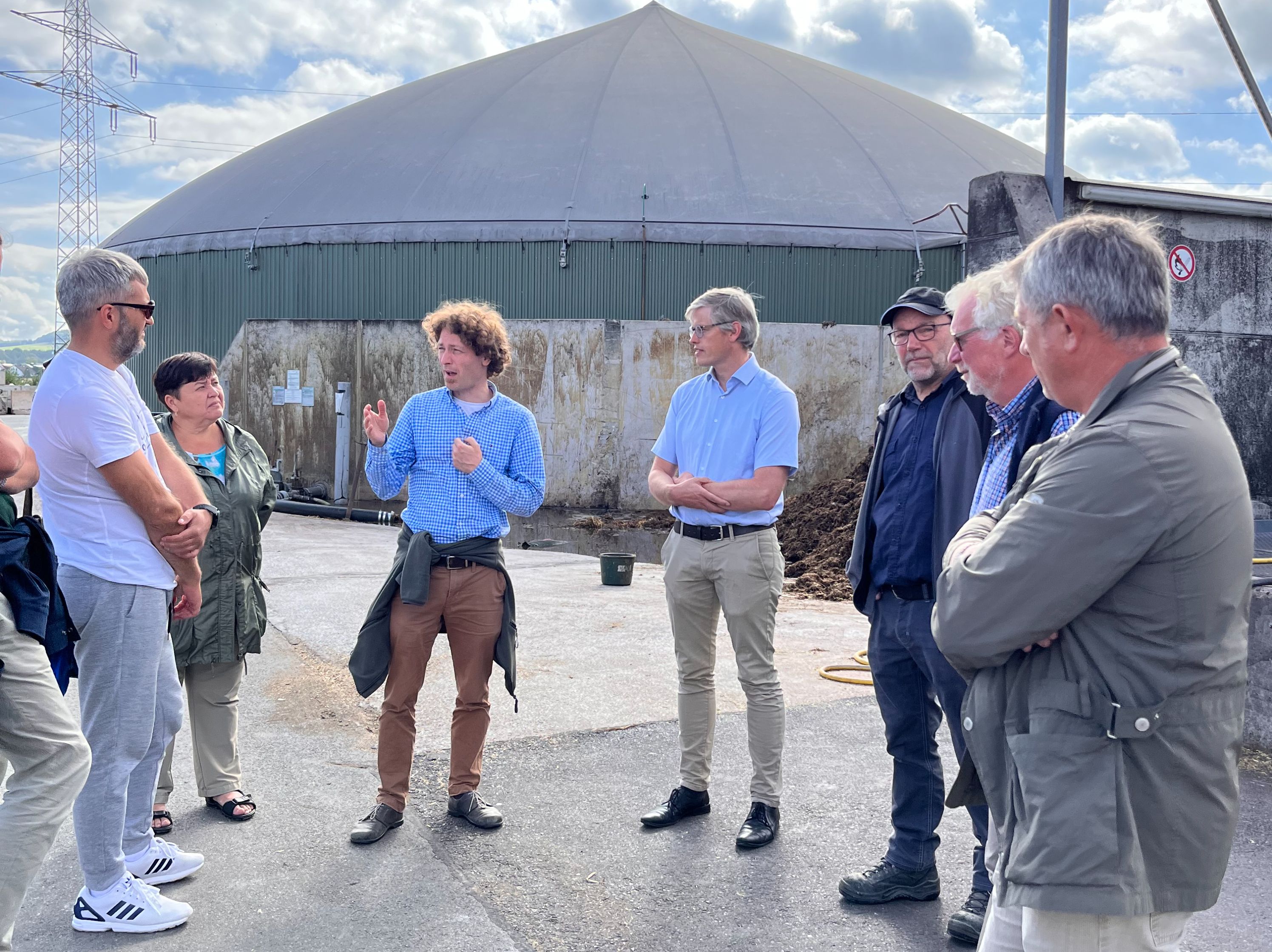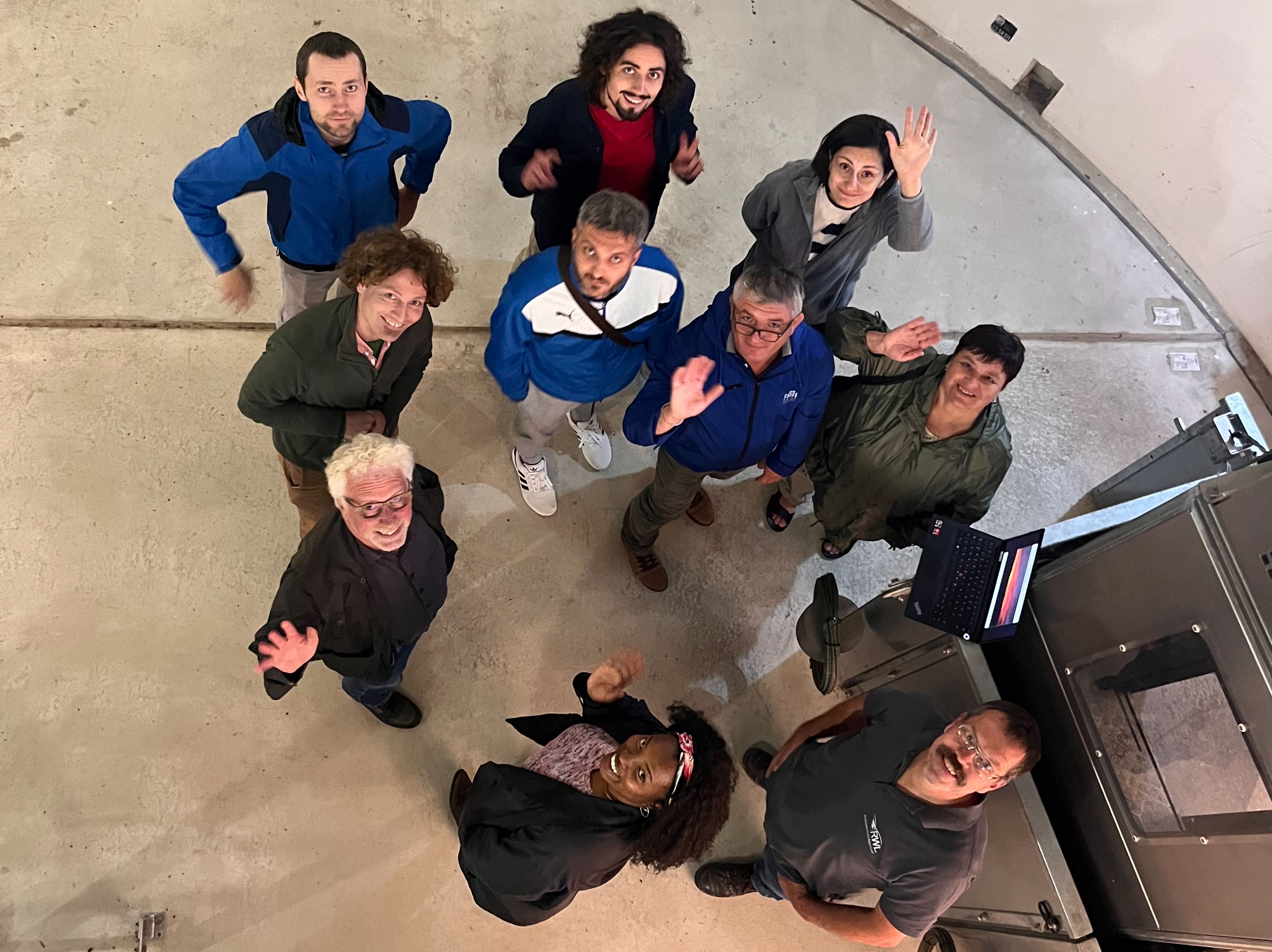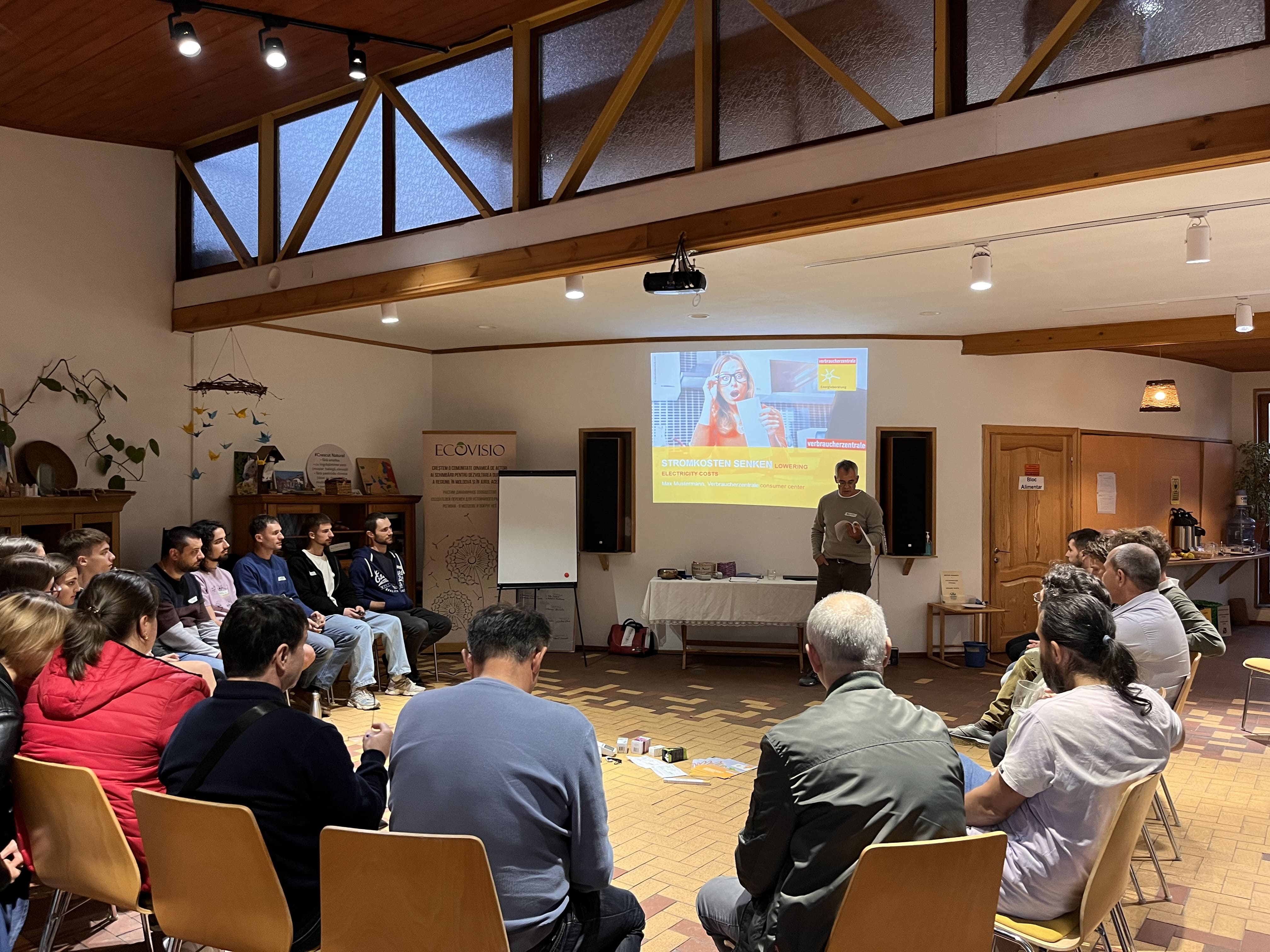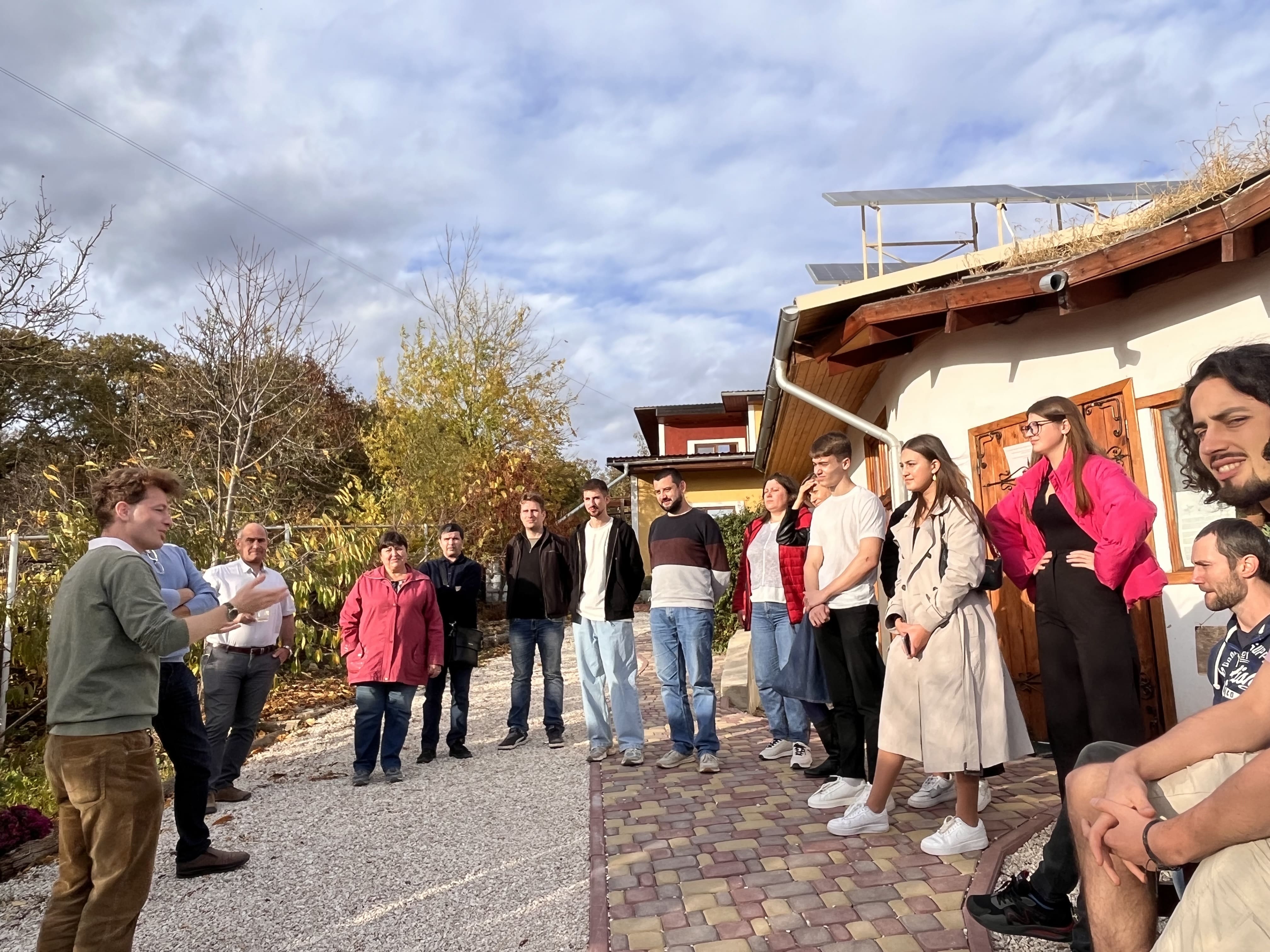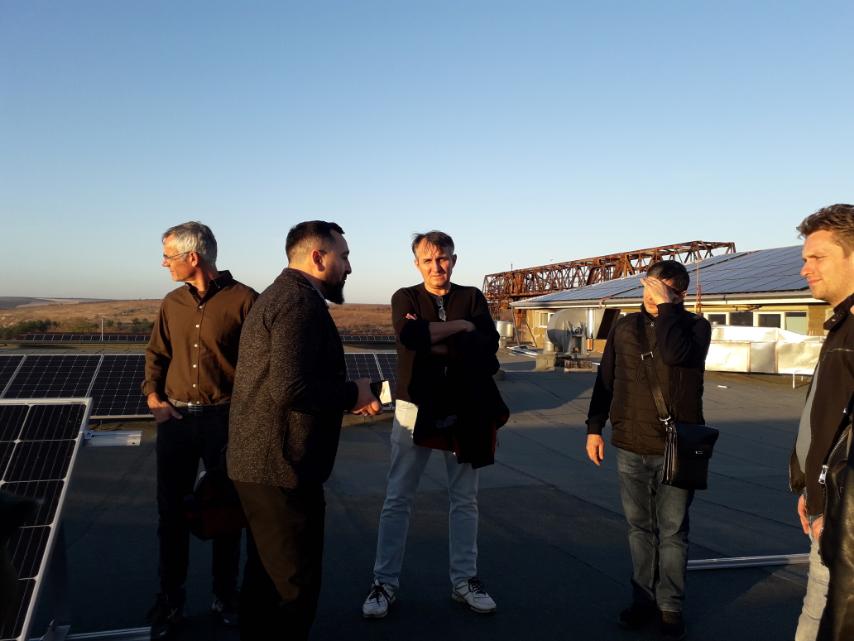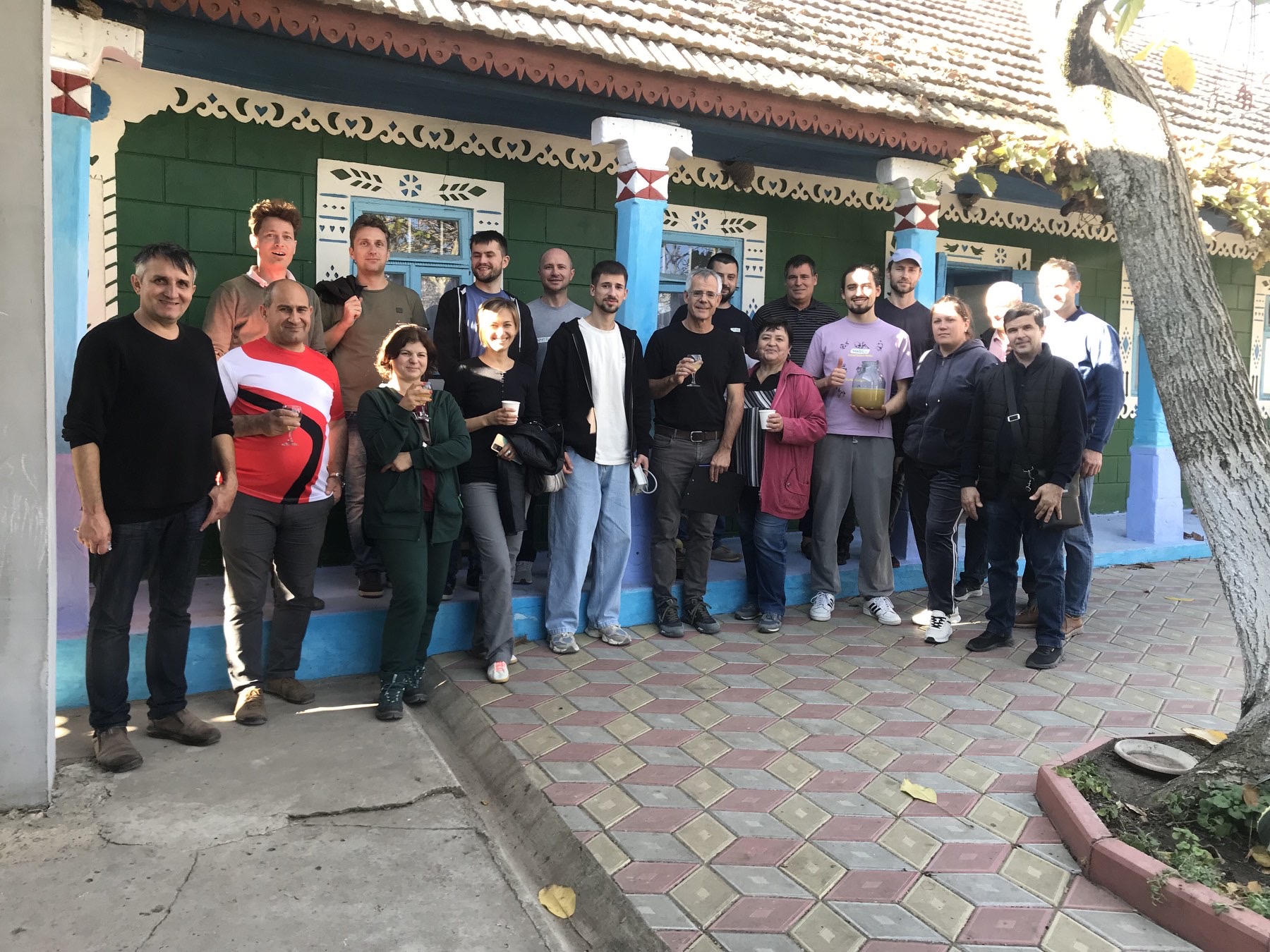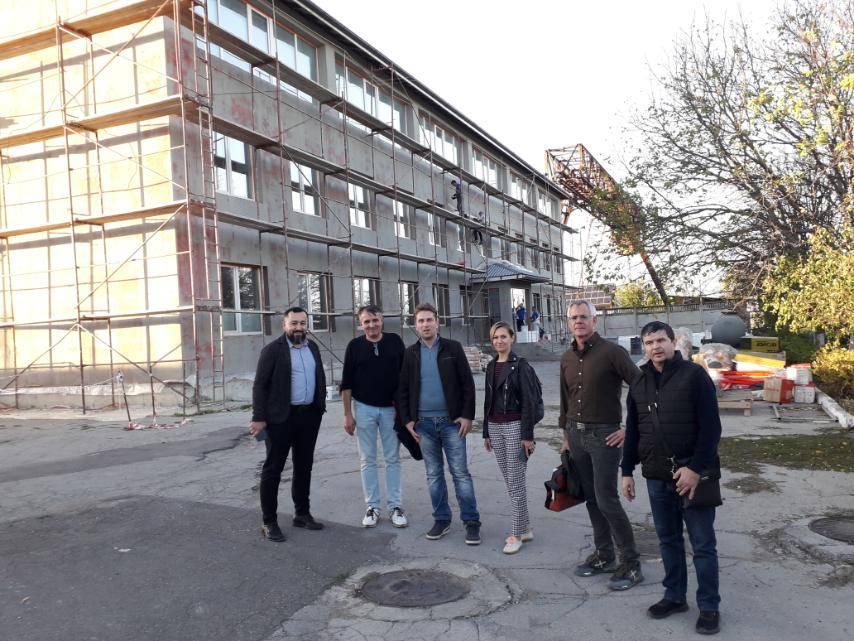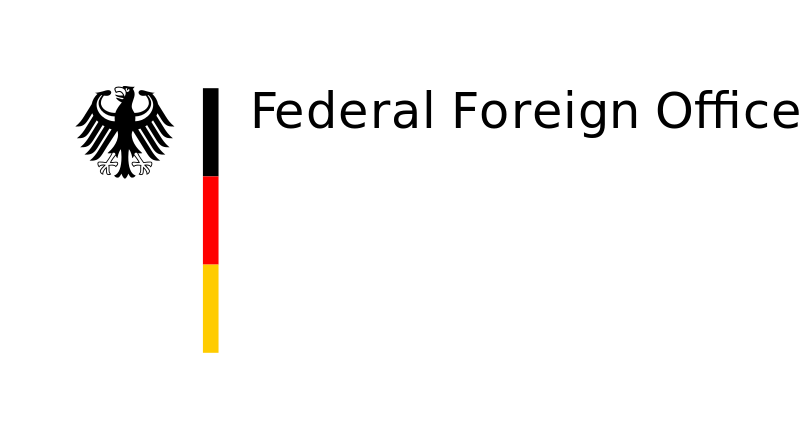Guide on Social Entrepreneurship
Social Entrepreneurship - A guide for everyone
This material has been created especially for those who want to discover the world of Business Impact,
Social Economy and Social Entrepreneurship.
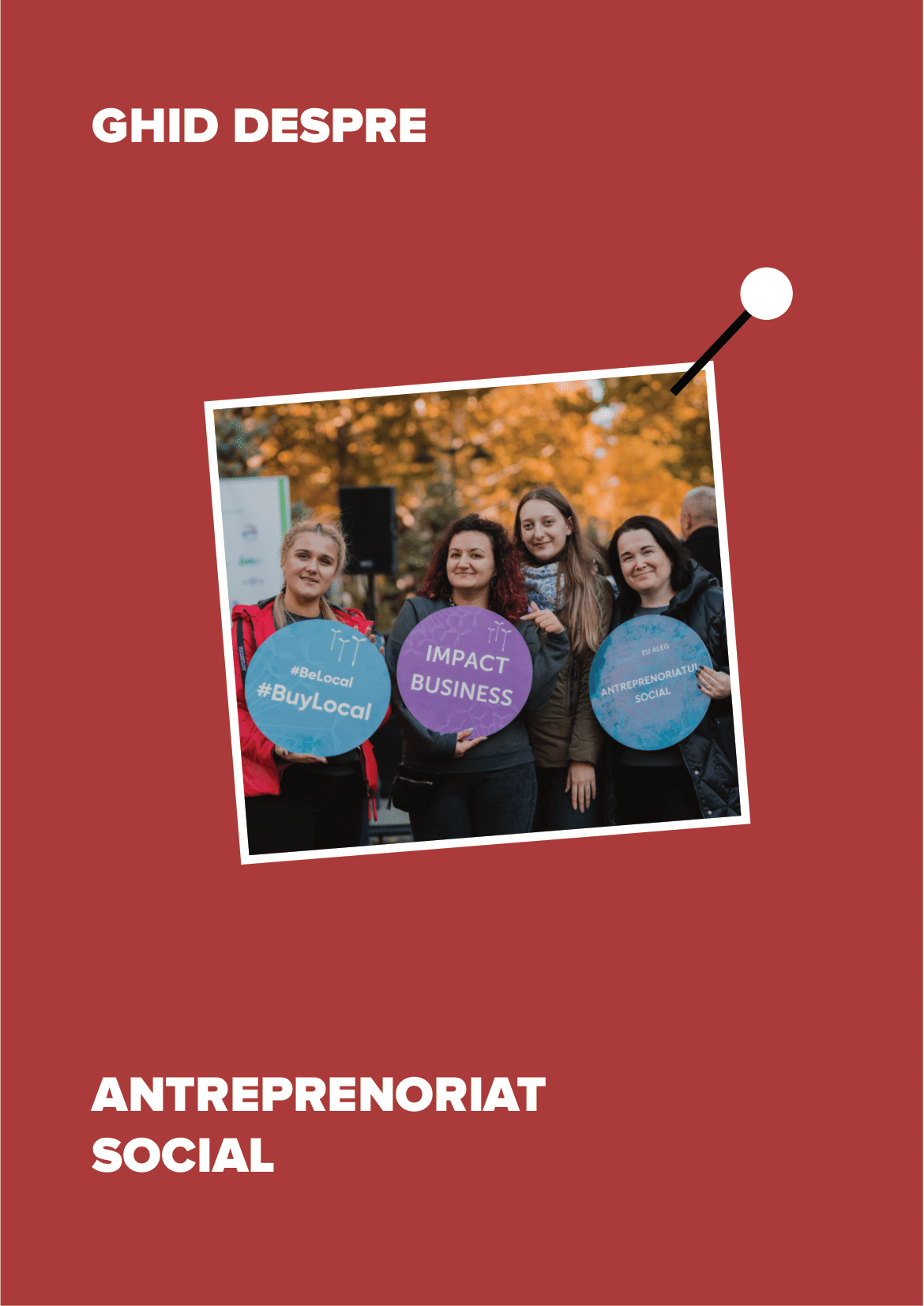
Social entrepreneurship is a phenomenon that has been developing for decades in European countries, the US and Australia. Today, it is not uncommon to come across an American or European company that is not just about generating revenue, but also pays attention to the social and responsible side of its business. In this respect, social business or impact entrepreneurship is considered a new branch of the economy on a global and local scale. Each country/region has its own speed of development, with most defining social entrepreneurship, social impact and innovation in their own way.
By reading this guide, you will gain a better understanding of what social entrepreneurship, the social economy, and the prospects for the field in both Moldova and other countries.
Start innovating and contribute with positive changes for the community and the environment! Create impact through responsible entrepreneurship!
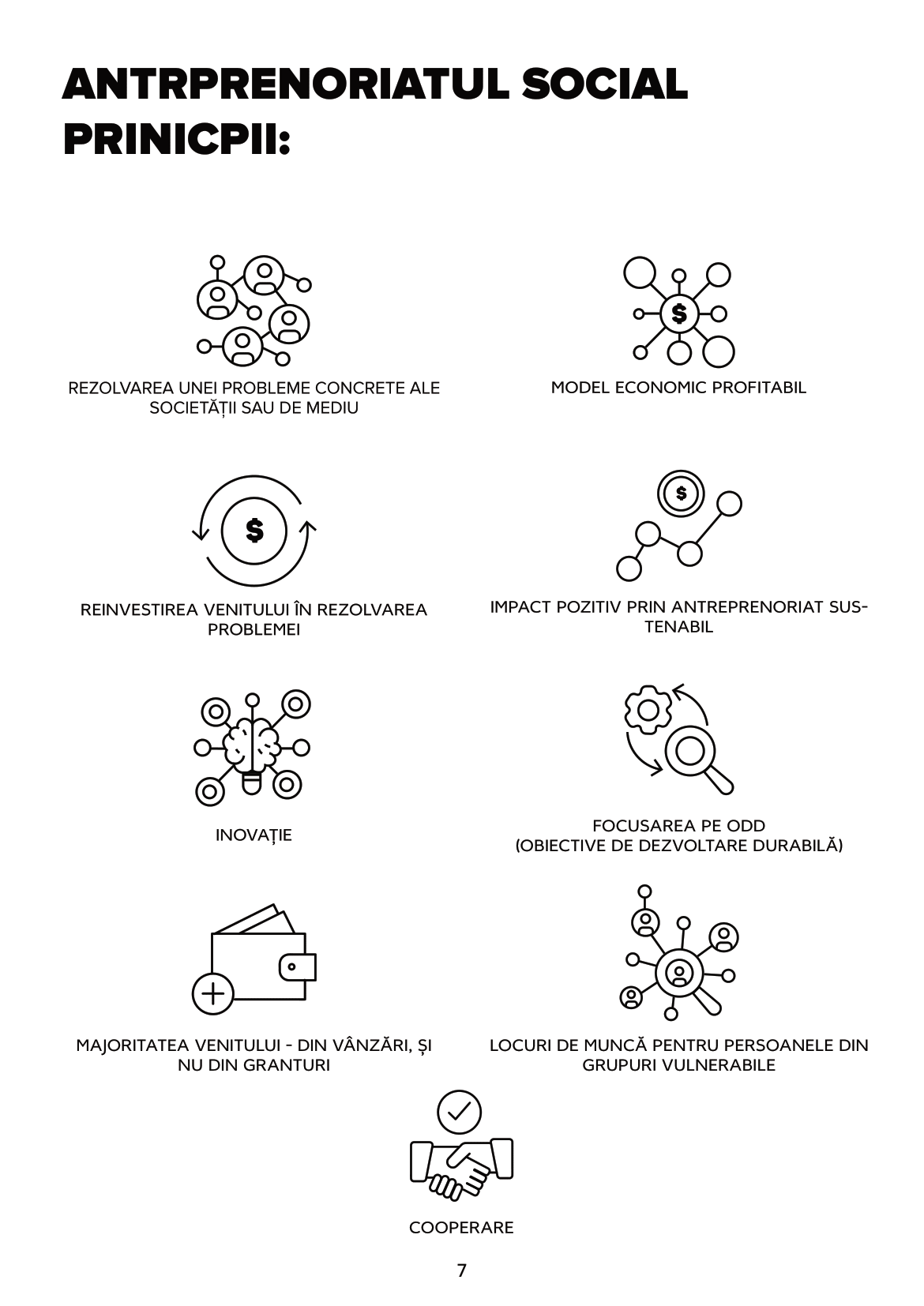
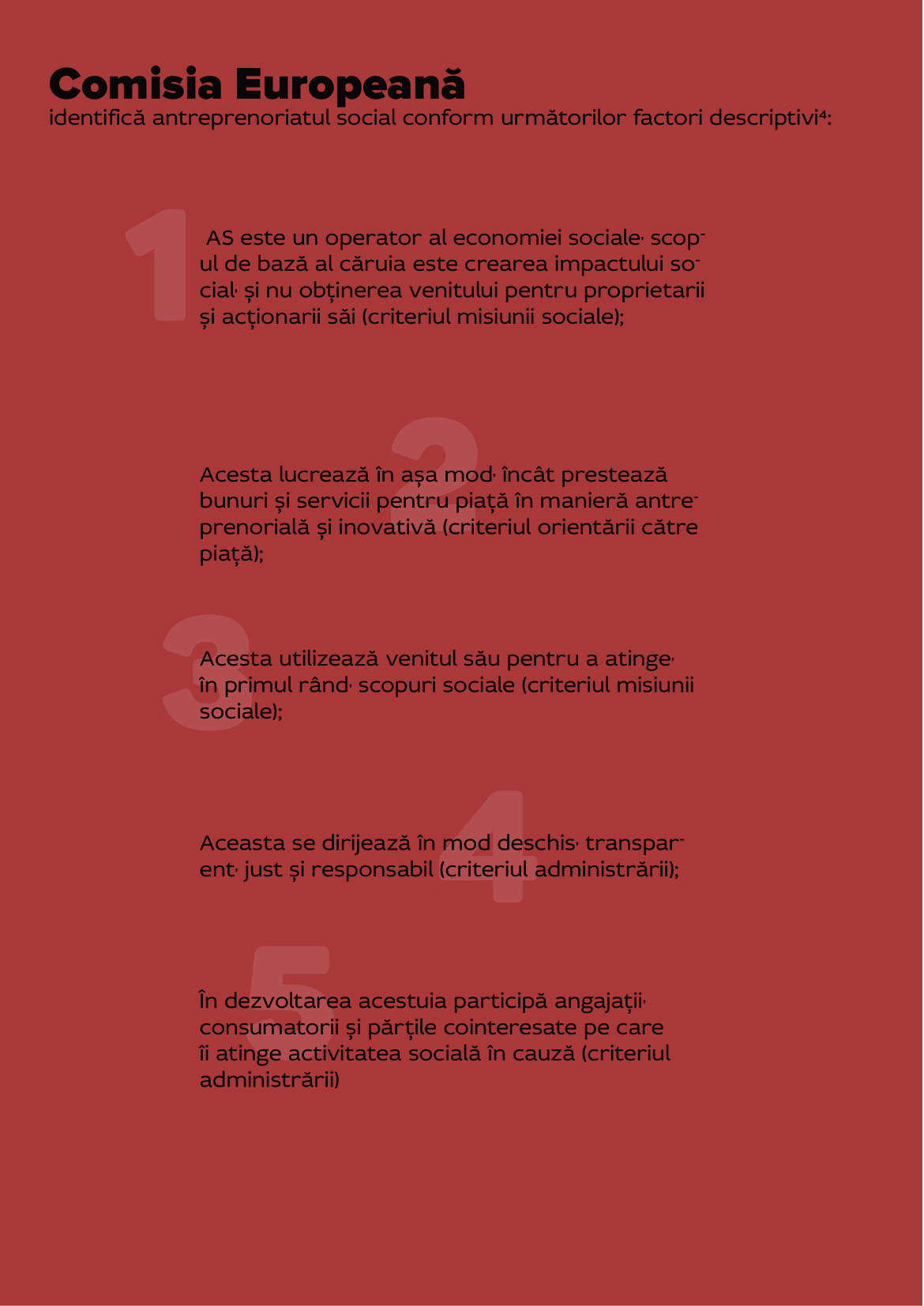
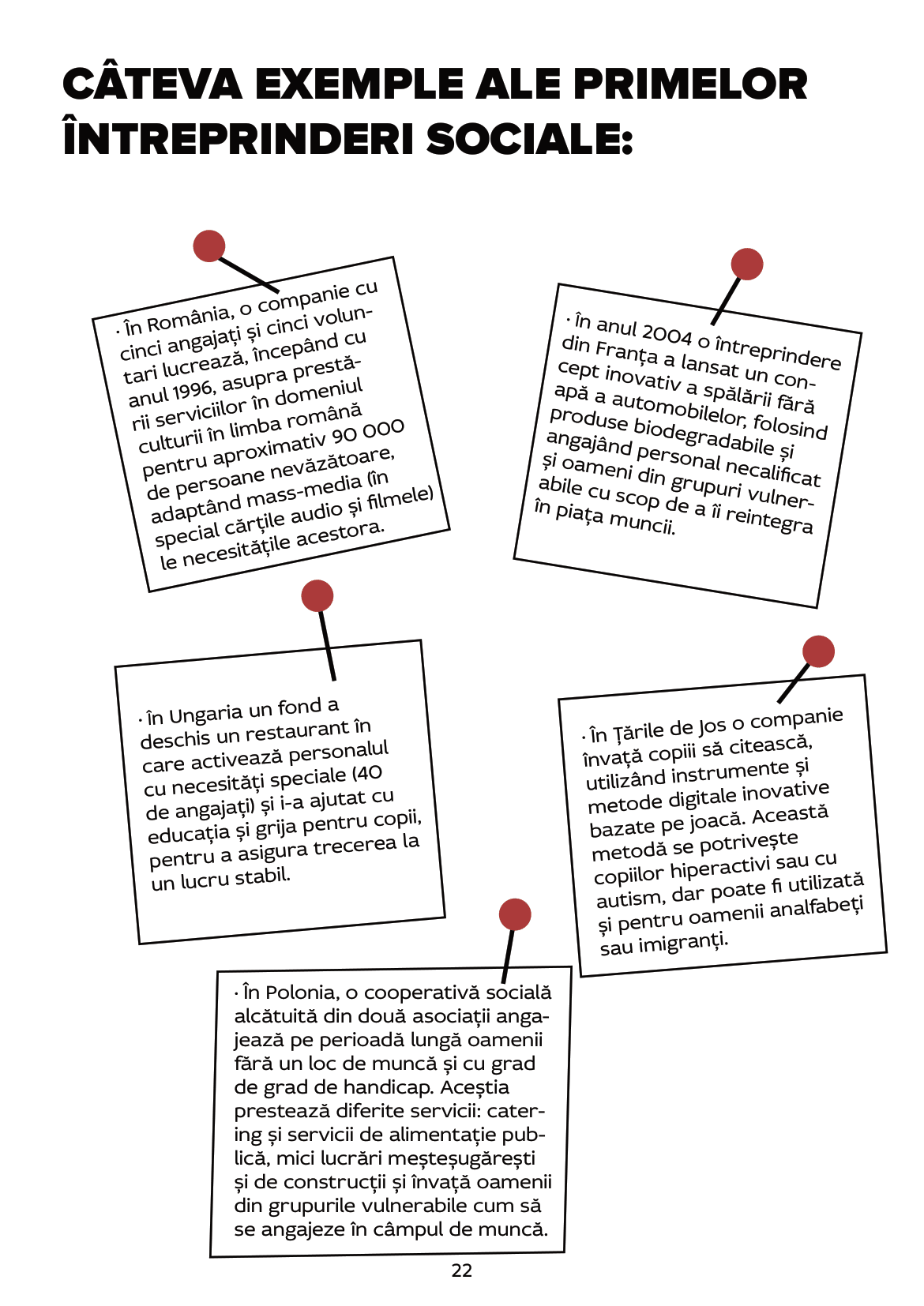
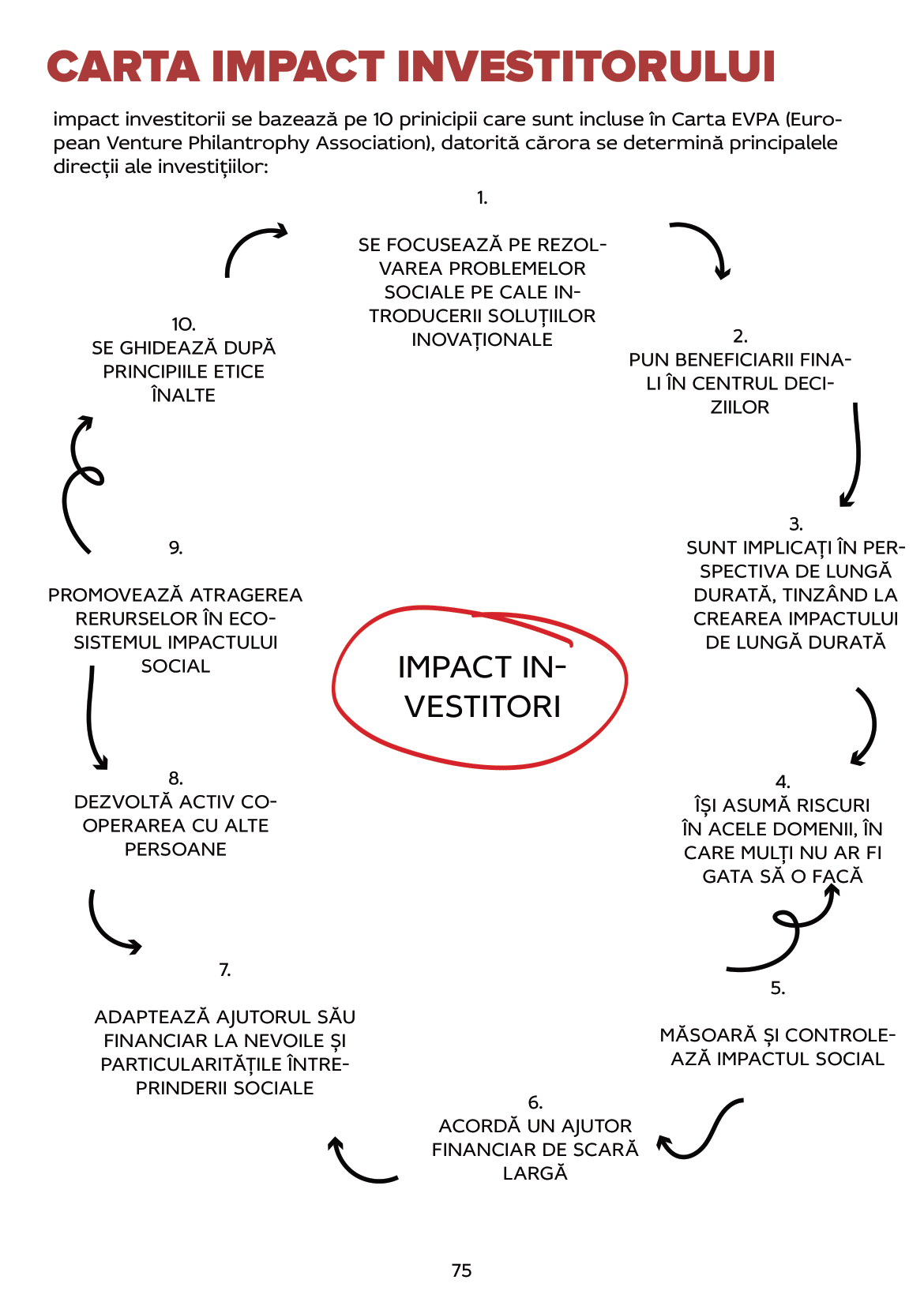
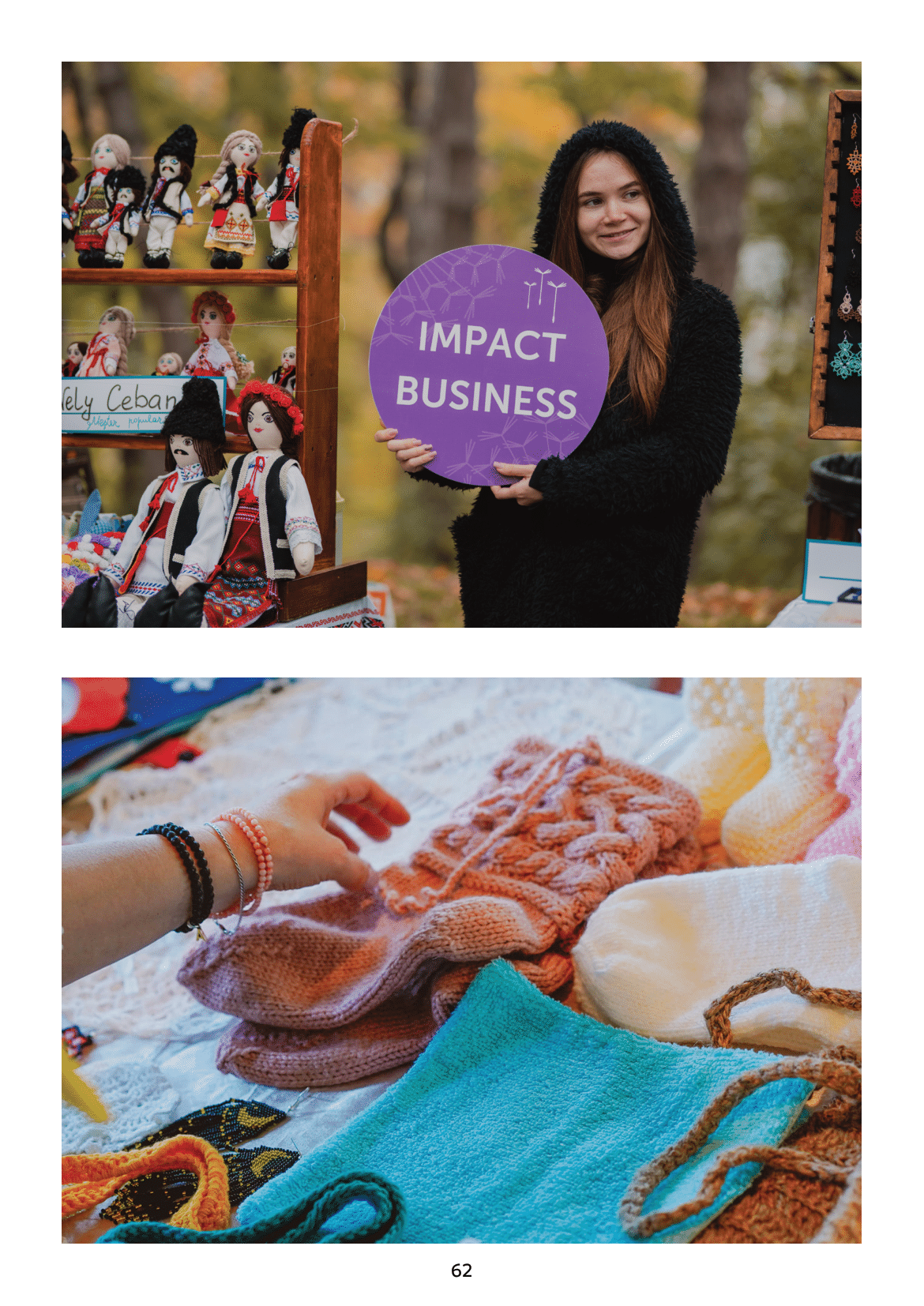
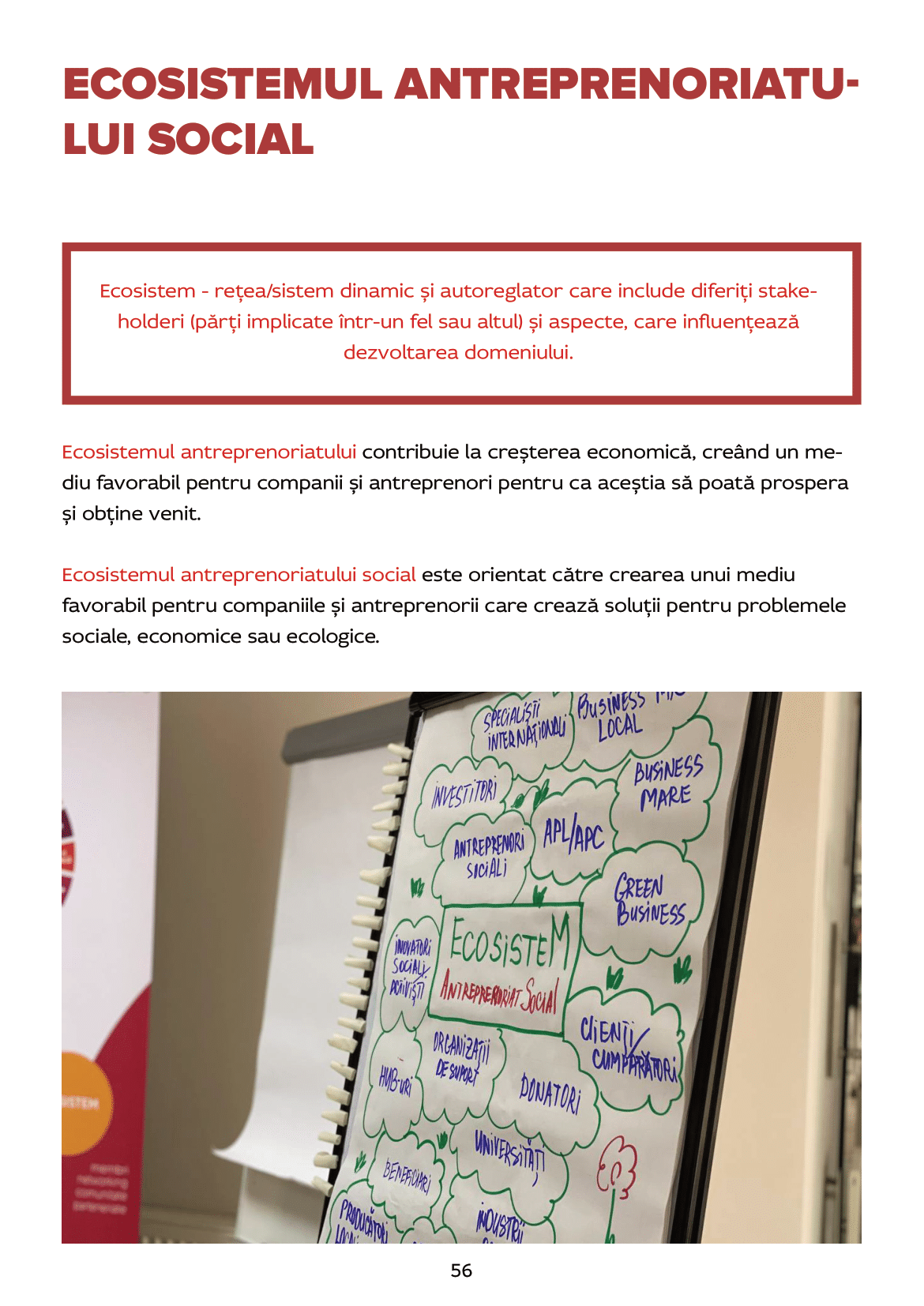
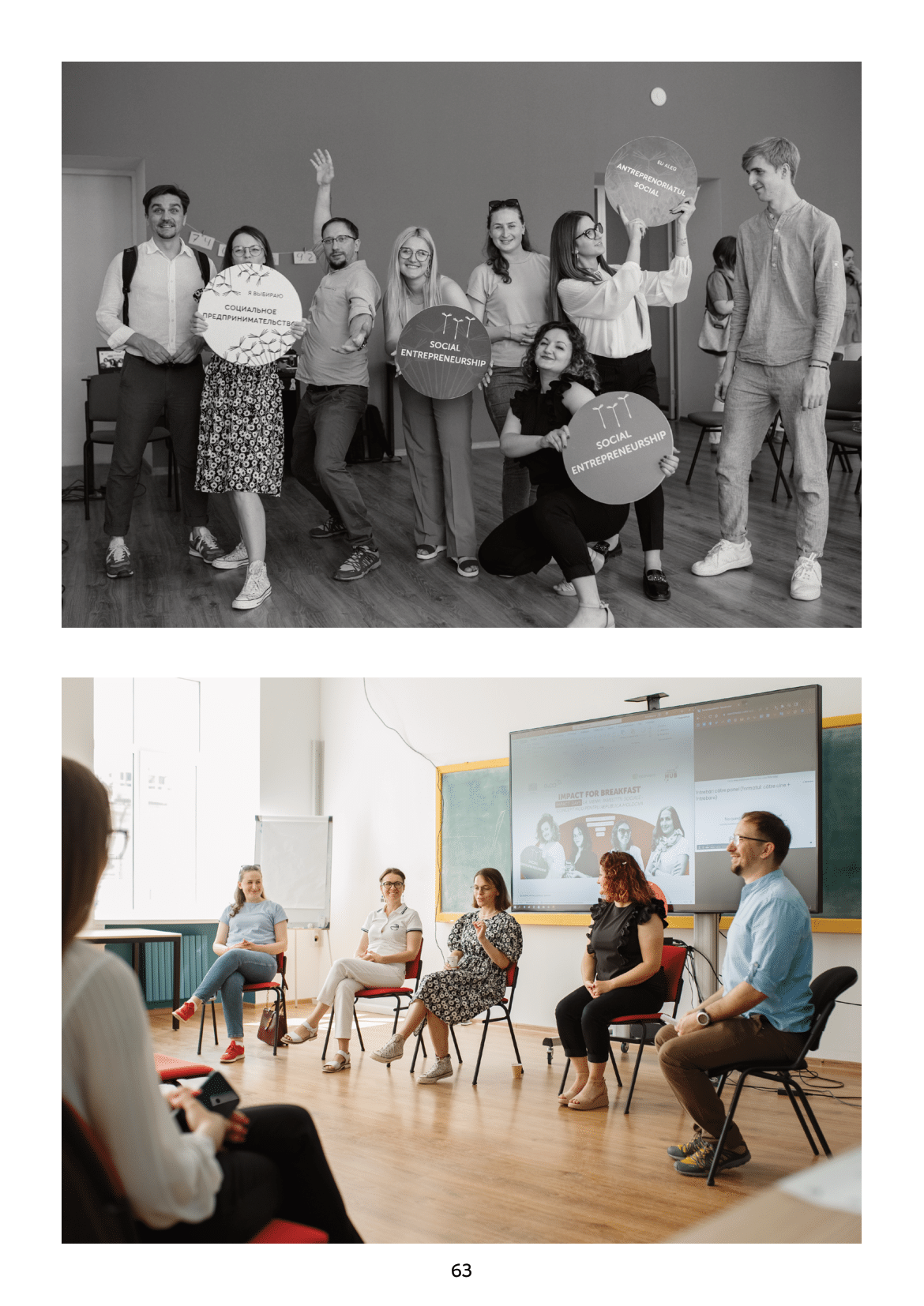
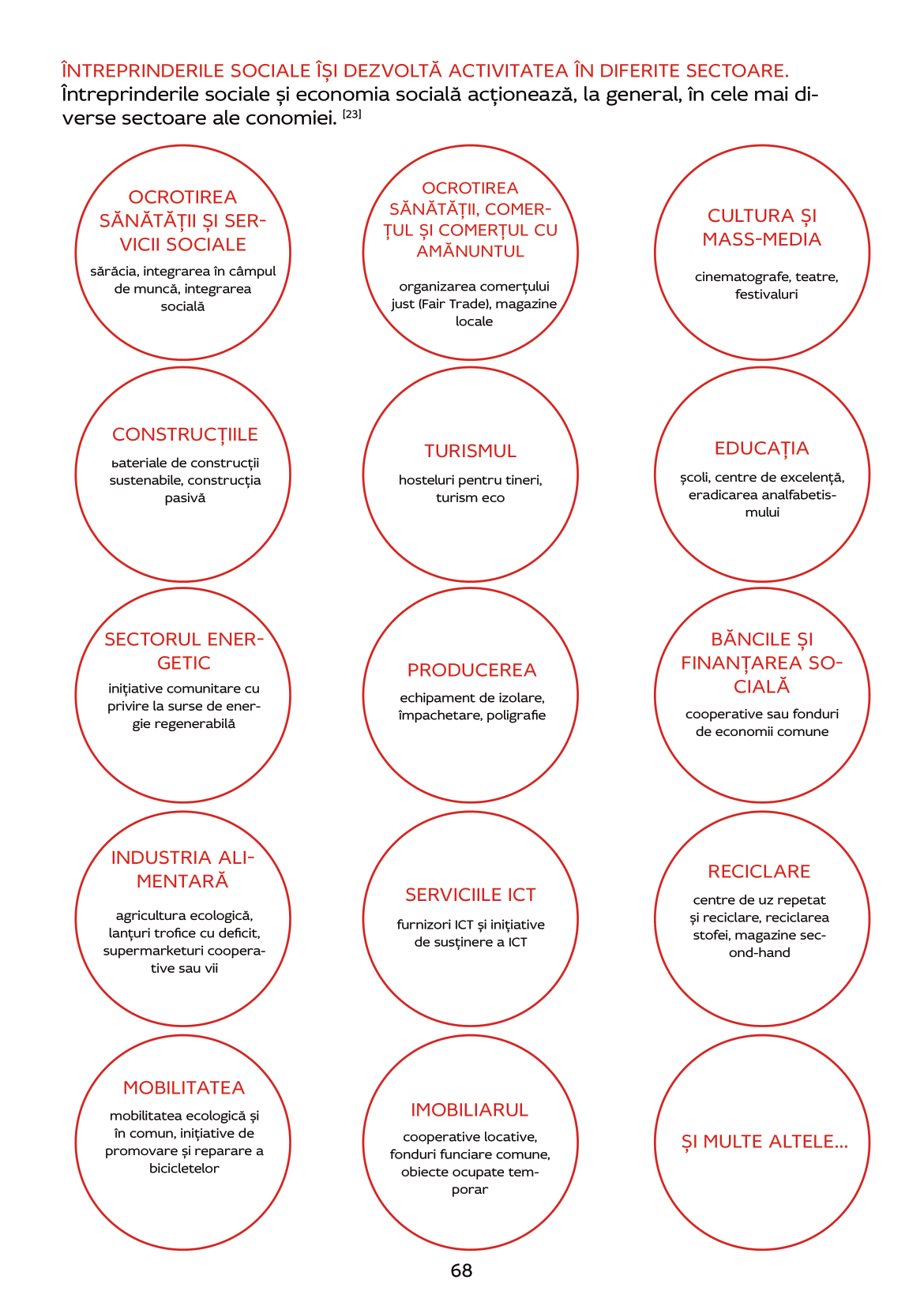
Download the guide in ROMANIAN
***
WHAT WILL YOU DISCOVER IN THE GUIDE?
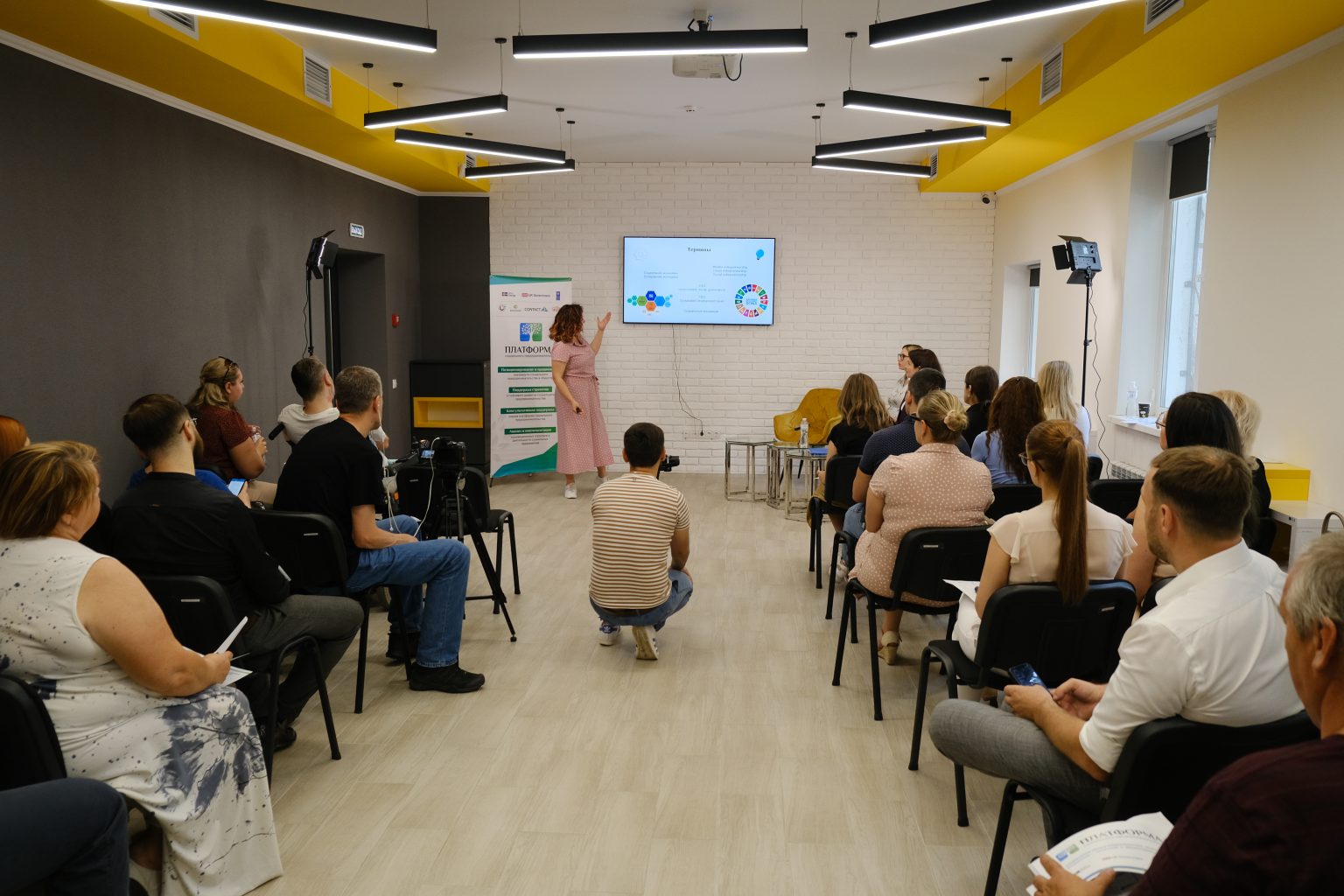
-
Social Entrepreneurship: DE JURE AND DE FACTO
-
Differences between social affairs and other institutions
-
Key concepts of Social Economy: ESG, SDGs, Impact Business, business with CSR, social innovations
-
Principles of Social Entrepreneurship
-
Social entrepreneurship and the Sustainable Development Goals
-
Social Entrepreneurship Ecosystem
-
Diversity of social enterprises
-
Measuring Social Impact
-
Social Economy Actors
-
Social-entrepreneurial activity in Moldova
Download the guide in ROMANIAN
The guide was developed by EcoVisio in partnership with the Agency for Innovation and Development, the Social Entrepreneurship Association, with financial assistance from Sweden and the UK within the framework of the project "Export Capacity Development on the banks of the Dniester River" (AdTrade) implemented by the United Nations Development Programme (UNDP). The contents of the guide are the sole responsibility of the author and do not necessarily represent the views of Sweden, the UK and UNDP.


